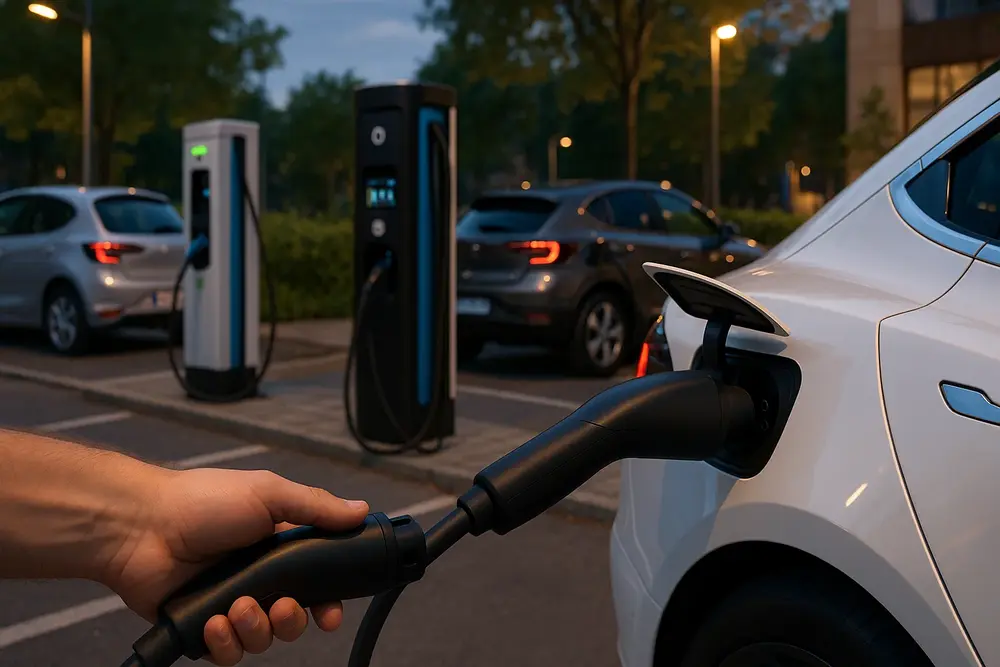
Products
Fast, Reliable, Everywhere

Solutions
Efficient, Innovative EV Charging Solutions.
As electric vehicles (EVs) continue their global surge, so does the demand for versatile charging accessories—particularly evse adapters. Whether you're a new EV owner, a fleet manager, or an EV charging station operator, understanding evse adapters is crucial to maximizing compatibility across charging networks and vehicle types. This article explores everything about evse adapters: types, use cases, technical specifications, pricing, installation tips, and more.

| Adapter Type | Input Connector | Output Connector | Max Power | Weight | Compliance |
|---|---|---|---|---|---|
| Tesla-to-CCS 1 (EU) | Tesla CCS | CCS2 | 200 kW | 2.2 kg | IEC 62196, UL |
| Tesla-to-CCS 2 (US/NACS) | Tesla NACS | CCS1 | 150 kW | 1.8 kg | SAE J1772, UL |
| CHAdeMO-to-CCS | CHAdeMO | CCS2 | 60 kW | 2.5 kg | JEVS G109, CE |
| Type1-to-Type2, passive | Type 1 | Type 2 | 22 kW | 0.4 kg | IEC 62196, CE |
| Mobile EVSE Universal | Type 2 plug | Type 2 socket | 7.4 kW | 1.2 kg | ISO 15118, OCPP |
| Adapter Model | Approx Price |
|---|---|
| Tesla-to-CCS EU | $250–$400 |
| Tesla-to-CCS NACS (US) | $300–$500 |
| CHAdeMO-to-CCS | $600–$900 |
| Type 1-to-Type 2 passive | $50–$100 |
| Mobile EVSE Universal | $700–$1,200 |
Prices vary by vendor, certification, and features such as cooling or electronics.
Only Tesla vehicles designed for the respective regional plug (EU CCS2 or US NACS). Non-Tesla EVs require dedicated adapters.
Yes, provided the adapter is certified, kept cool, and used with compatible power-limited protocols. Always follow manufacturer specs.
Not fully universal—due to tech and certification reasons. However, some adapters support multiple standards in one housing.
Home chargers rarely need adapters if your outlet matches. Adapters are most useful for public DC or mixed-standard stations.
Connect via Bluetooth or cellular to vendor app, follow instructions. Regular updates ensure ongoing safety and compatibility.
